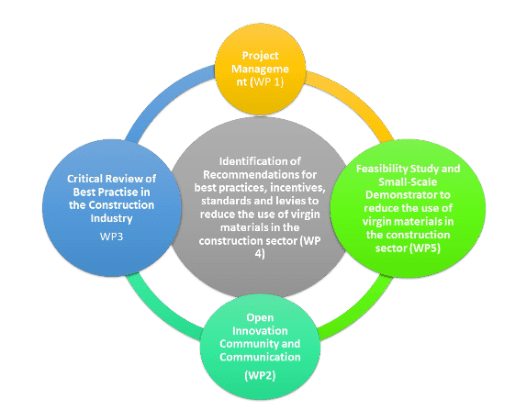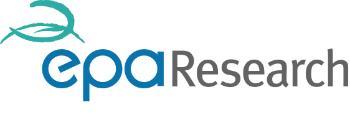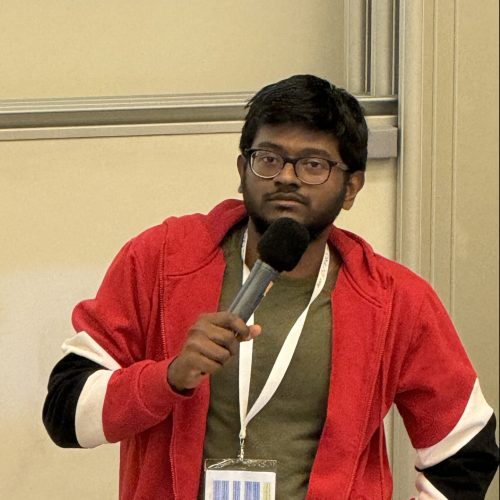Project Objective:
The overarching idea for the project is to investigate and conduct a feasibility study to assess the use, application and effectiveness of economic and regulatory instruments to reduce the use of virgin materials in the construction sector.
Timeframe:
Start Month: 31/03/2023
End Month: 31/03/2026
Background:
The interest in Circular Business models has been accelerating as societal environmental concerns grow. European countries such as Switzerland and the Netherlands are globally recognised for their leadership in this field.
Policy makers in Ireland are aware of the value this economic paradigm shift as it is designed to provide better recycling, minimisation of waste, and the optimising of environmental outcomes. However, at this early juncture the
implementation of a proper infrastructure that can wring the greatest effectiveness from such models demands collaboration between policy makers, academics, and industry practitioners. The policy makers know the direction,
the academics have access to the state-of-the-art knowledge and technological tools, and the industry turns ideas into practice by making policy implementation a reality. In particular as the use (or better reuse) of materials in the construction sector show has potential to reduce greenhouse gas emissions in the material cycle of residential buildings. Therefore, the overall objective of this proposal is to nurture the promotion of the Circular Business approach in the construction sector and though unique collaboration opportunities and a co-creation approach to ‘address a knowledge gap to identify opportunities to minimise the use of virgin materials used in the growing construction sector in Ireland’.
Project Implementation:
The project contains 5 work packages (WPs) to facilitate the work in the review, assessment, and to conduct a focused feasibility study to assess the use, application and effectiveness of economic and regulatory instruments to
reduce the use of virgin materials in the construction sector in Ireland. The figure below shows the structure of the project and the interdependencies of the WPs. Project Management (WP1) will ensure the timely and qualitative
achievement of VISION.The Open Innovation Community and Communication (WP2) will define the dissemination and communication plans and the implementation of the communication materials. They (WP1and WP2) will be implemented across the
overall VISION project. The Circular Business Model Review and summary of approaches to reduce the use of virgin materials for the construction industry (WP3) along with the feasibility study and recommendations for the
construction industry in Ireland (WP4) will involve the review of existing literature and the work with key industry practitioners to confirm our research findings. Together (WP1, WP2, WP3, and WP4) they will support sequentially the implementation of the Circular Business feasibility study for Ireland to reduce the use of virgin materials (WP5).

Funding: Environmental Protection Agency (EPA)
This project is funded under the EPA Research Programme 2021-2030. The EPA Research Programme is a Government of Ireland initiative funded by the Department of the Environment, Climate and Communications.

EPA Research
NEWS:
IVI present at DASBE Conference – May 2024
Dr. Claudia Roessing presented the VISION Project at the Digital Academy for the Sustainable Built Environment (DASBE), Transforming Construction Skills Conference in Portlaoise, Ireland. The project is funded by EPA and its objective is to investigate and conduct a feasibility study to assess the use, application and effectiveness of economic and regulatory instruments to reduce the use of virgin materials in the construction sector in Ireland.
Sustainable Digital Transformation and Circular Economy – IVI Summit June 2024
Professor Markus Helfert and Dr Zohreh Pourzolfaghar conducted the workshop to discuss the context of current policy directions (i.e. circular economy) and regulations (i.e. AI Act) research challenges from various perspectives (i.e. technology, data governance, processes and strategy, policy, awareness and ethics). Focus of the workshop was on co-creating a Research Map focused on Sustainable Digital Transformation together with exploring Funding Opportunities to realise targeted research opportunities.
About the Researchers:

Professor Markus Helfert

Dr Zohreh Pourzolfaghar

Claudia Roessing

Karthickeshwar Shankaravelu

Dr Joe Timoney

Dr Hao Wu

Dr Peter Mooney

Dr Edgar Galván
DISCLAIMER: Although every effort has been made to ensure the accuracy of the material contained in this webpage, complete accuracy cannot be guaranteed. Neither the Environmental Protection Agency nor the authors accept any responsibility whatsoever for loss or damage occasioned or claimed to have been occasioned, in part or in full, as a consequence of any person acting or refraining from acting, as a result of a matter contained in this webpage.